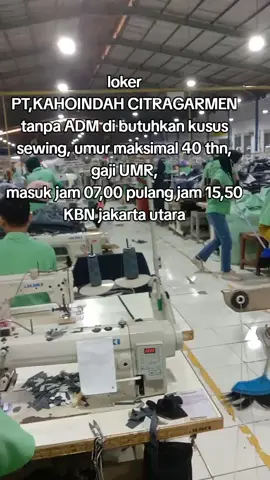itspriscilliaa
Region: US
Monday 25 August 2025 22:18:25 GMT
1610
91
8
0
Music
Download
Comments
lenyn :
I'm crazy about you 🥰🥰
2025-09-05 20:53:12
0
Gurjit Singh :
👸🏼🤍⚡️🔥
2025-08-26 07:15:43
0
JosB :
🥰
2025-09-01 20:11:07
0
ANH BẢY :
♥️♥️♥️
2025-08-29 14:40:00
0
wiwat :
🥰🥰🥰🥰😁😁
2025-08-29 14:28:40
0
Medina Montero :
🥰🥰🥰
2025-08-29 14:03:52
0
captcat :
Mount
2025-09-01 20:39:08
0
To see more videos from user @priscilliapayy, please go to the Tikwm
homepage.





